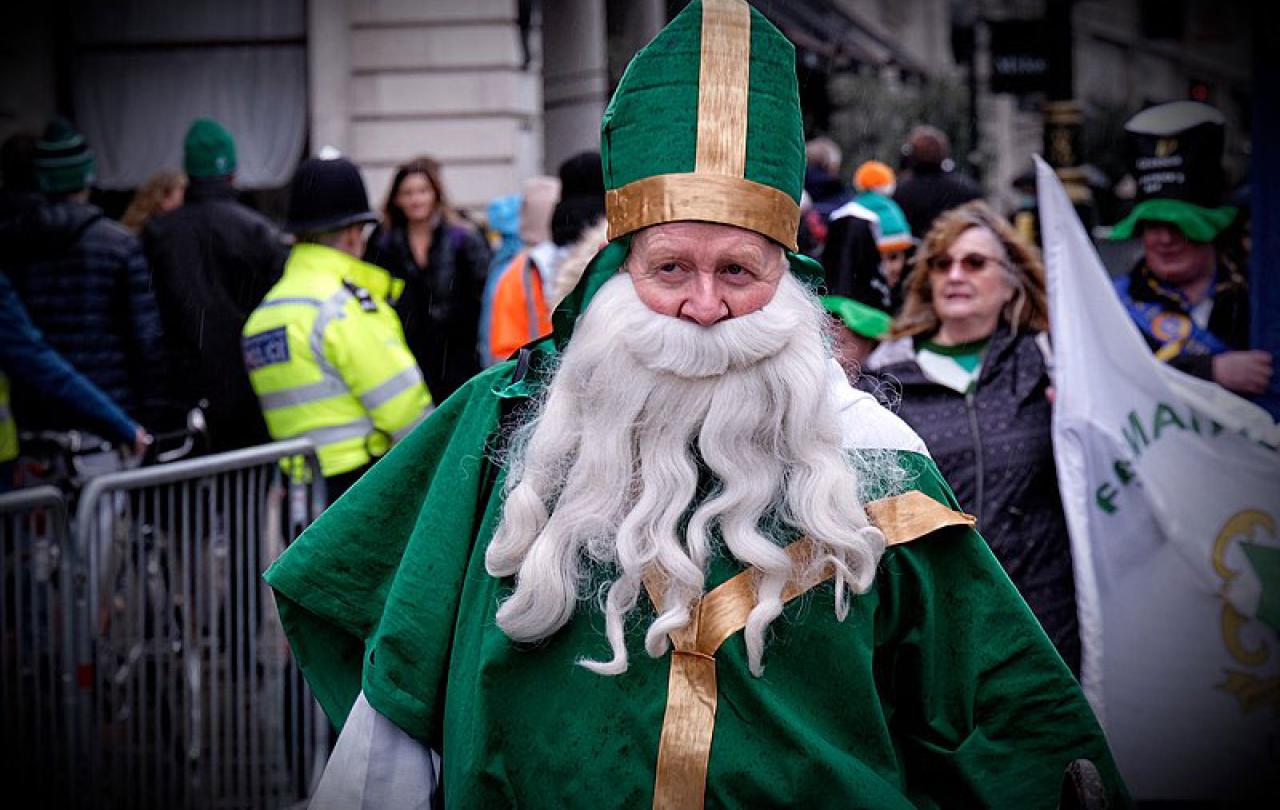
Judging by a recent YouGov poll, the monarchy currently remains popular among the British, with 58 per cent supporting its continuation and only 26 per cent preferring an elected head of state. But support drops dramatically with age: 38 per cent of those aged 18-24 would like to abolish the monarchy, while only 32 per cent want to keep it.
If the monarchy is to survive beyond the reign of King Charles III, therefore, a strong case in its favour needs to be articulated. It needs to be justified in terms of political well-being. Can this be done? I believe so. Monarchy as we now have it—with its executive powers entirely transferred to elected members of parliament (except in case of constitutional crisis)—makes important contributions to political health. For sure, most of these are symbolic; but symbols can represent important truths and serve important functions.
First, by embodying a reassuring continuity and stability, monarchy enables society to cope with change. Thus, far from fostering conservatism during her seventy-year reign, the late Queen Elizabeth actually presided over huge cultural, social, and political change.
Thanks to their monarchy, the British are spared the predicament of those Americans who loathed the politics of Donald Trump, while having to respect him as the symbolic representation of their nation.
Second, the distinction between the monarchical head of state and the prime ministerial head of government makes it easier to tell criticism of government policy from a lack of patriotic loyalty—easier than in an American presidential system, where the symbolic head of the nation and the head of government are one and the same. Thanks to their monarchy, the British are spared the predicament of those Americans who loathed the politics of Donald Trump, while having to respect him as the symbolic representation of their nation.
Next, it’s good to have a head of state who, being unelected, can transcend party-politics and use her patronage to support civil society, thus reminding us (and politicians) that there is far more to public life than elections, parliamentary debates, and legislation.
But there is yet a further benefit, which is more principled, more Christian, and more fundamentally important than any of the others. A good political constitution certainly needs a part where rulers are made sensitive and accountable to those they rule—that is, an elected legislature that can hold government to account and stop it in its tracks. A good constitution needs a democratic element. After all, according to a biblical and Christian view, rulers exist to serve the ruled: kings are expected to be shepherds of their people.
Nevertheless, a Christian view is not naïve about the people. It does not suppose that the popular will, as expressed in majority vote, is always right and just. After all, it was the people (the laos as in ‘laity’) who bayed for Jesus’ blood in the Gospels, and it was the people (the demos as in ‘democracy’) which, according to the Acts of the Apostles, responded to the Christian persecutor, Herod, by lauding him as a god (Acts 12.21). If kings can be sinners, then so can the people. Hitler, remember, was elected by due democratic process.
What this means is that a healthy political constitution should be more than simply democratic. In addition to an elected House of Commons, it needs other parts too, to balance it. It needs to be mixed. For example, it needs a House of Lords composed of a wide range of experts and leaders of civil society (including the Church of England). That is, it needs an aristocracy of wisdom, not of land, which can only be secured by appointment, not popular election.
The heir to the throne gets on his knees to receive the crown—the symbol of his authority—not from below but from above, not from the fickle people but from the constant God.
And it also needs a monarch, who symbolises the accountability of the whole nation, rulers and ruled, kings and people, to the given principles of justice. At base these principles are not human inventions. They are not the passing creatures of popular whim or majority vote. They are given in and with the created nature of things. And this is exactly what the coronation ritual says, when the heir to the throne gets on his knees to receive the crown—the symbol of his authority—not from below but from above, not from the fickle people but from the constant God.
Contrary to what now passes for democratic common sense, the moral legitimacy of government does not lie in popular consent. It cannot, since the will of the people can be corrupt. Rather, moral legitimacy lies in the conformity of law and policy to the given principles of justice and prudence—to which the people might or might not adhere. Popular consent is vital, if law and government policy is to have any effective social authority, but it does not establish its moral legitimacy. This is a very important and fundamental political truth, which is rarely spoken nowadays, but which the coronation ritual speaks. And in a culture that tends toward populism and moral relativism, what the coronation says is, ironically, radically prophetic.
In sum, then, I do think that there are good reasons—some of them directly Christian—to support the kind of monarchy we now have. However, on the question of how much public money should be used to support it, or how many members of the royal family should be supported, I am agnostic. And I don’t suppose that a monarchical republic is the only decent kind of republic. Nonetheless, I do think that monarchy can confer some important and distinctive political benefits; and if we are to continue to enjoy them—if Prince George is to find a throne awaiting him—then we had better bring to mind what they are.





